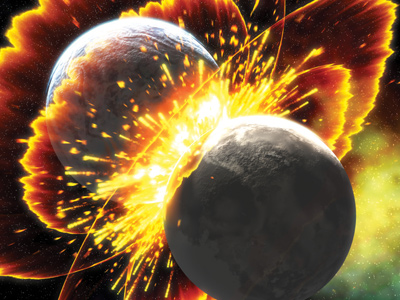

Solar System 1
This Science quiz is called 'Solar System 1' and it has been written by teachers to help you if you are studying the subject at middle school. Playing educational quizzes is a fabulous way to learn if you are in the 6th, 7th or 8th grade - aged 11 to 14.
It costs only $19.50 per month to play this quiz and over 3,500 others that help you with your school work. You can subscribe on the page at Join Us
The Solar System consists of the Sun and various objects that orbit around it. The Earth’s Solar System consists of eight planets, some dwarf planets (Pluto is not a planet - it is the largest dwarf planet), comets and asteroids.
Ready for more?
not all...
quizzers. Try to win a coveted spot on our Hall of Fame Page.






